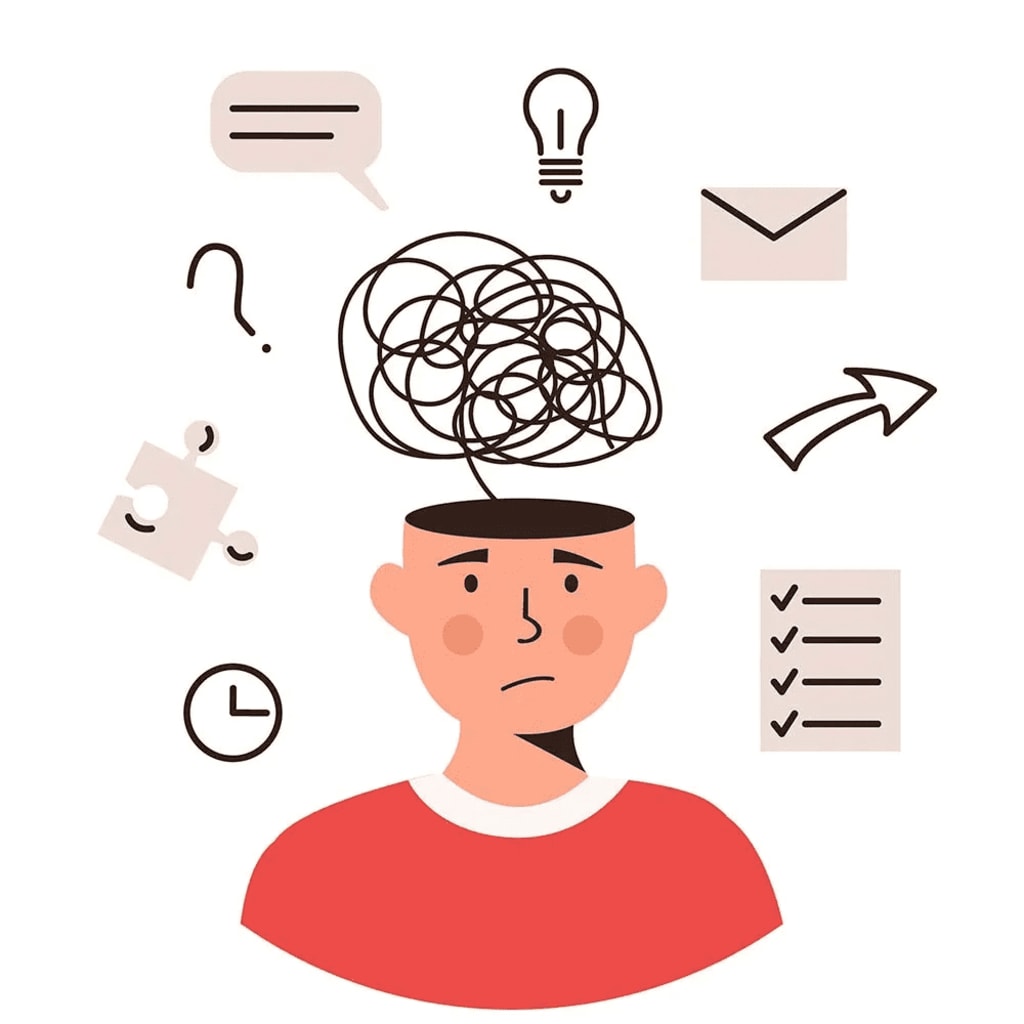ADHD-Friendly Strategies for College and Higher Education Success
ADHD-Friendly Strategies for College and Higher Education Success

The transition from high school to college or higher education is a significant milestone in a student's life. It signifies a period of newfound independence, greater responsibilities, and exposure to diverse learning experiences. For students with Attention Deficit Hyperactivity Disorder (ADHD), this phase can be particularly challenging. ADHD affects attention, impulse control, and organizational skills, which can pose additional hurdles in the already demanding college environment. Fortunately, with appropriate strategies and the right ADHD treatment, students can overcome these challenges and thrive academically.
Understanding ADHD in College
ADHD is characterized by a persistent pattern of inattention, impulsivity, and, in some cases, hyperactivity. Students might find it difficult to concentrate during long lectures, stay organized with multiple assignments, or even remember commitments. Recognizing these challenges is the first step in devising effective coping strategies.
ADHD-Friendly Strategies for College Success
1. Embrace a Structured Routine:
Structure and routine can be lifesavers for someone with ADHD. Start by having a consistent wake-up and bedtime, even on weekends. Next, structure your study periods, ensuring you take regular breaks. Using tools like the Pomodoro Technique, which breaks tasks into 25-minute focused intervals followed by a 5-minute break, can be particularly helpful.
2. Use Technology Wisely:
Leverage apps and digital platforms that cater to productivity. Calendar apps can help you keep track of assignments and appointments. Note-taking apps like OneNote or Evernote allow you to capture, organize, and retrieve information efficiently.
3. Create a Study Environment Conducive to Concentration:
Identify a quiet, distraction-free place for study. It could be the library, a secluded spot in a park, or a designated study room in your residence. Eliminate distractions like unnecessary browser tabs, mobile notifications, or disruptive noises. Consider using noise-cancelling headphones or listening to calming music if it aids concentration.
4. Break Tasks into Manageable Bits:
Instead of looking at an assignment or project as a monolithic task, break it down into smaller, more manageable tasks. This approach can make the workload feel less daunting and improve the sense of achievement as each task is completed.
5. Connect with a Study Group:
Being part of a study group can offer multiple benefits for ADHD students. It provides a sense of commitment, helps in understanding complex topics, and encourages interactive learning, which can be particularly effective for those with attention challenges.
6. Seek Academic Accommodations:
Many higher education institutions offer accommodations for students with disabilities, including ADHD. These might include extended time for exams, note-taking assistance, or permission to use specific tools during tests. It’s essential to connect with the institution's disability services office early on to understand and avail of these provisions.
7. Prioritize Self-Care:
Physical activity can significantly benefit individuals with ADHD. Regular exercise can help improve concentration, reduce anxiety, and boost overall mood. Additionally, mindfulness practices and meditation can be beneficial in managing ADHD symptoms. Ensuring adequate sleep is also paramount, as fatigue can exacerbate attention difficulties.
8. Stay Connected with ADHD Treatment Professionals:
Maintaining regular appointments with healthcare professionals is crucial. They can offer guidance, adjust medication if necessary, and provide a support system as you navigate the challenges of college life.
The Role of ADHD Treatment in College Success
While the strategies mentioned above can significantly assist in managing ADHD symptoms, it's essential to recognize the indispensable role of ADHD treatment. Medication, when prescribed, can play a vital role in improving focus, reducing impulsivity, and aiding overall cognitive function. Additionally, cognitive-behavioral therapy and coaching can provide individuals with ADHD with skills and techniques to manage their symptoms more effectively.
It's also essential to remember that treatment isn't a one-size-fits-all approach. What works for one person might not necessarily work for another. Regular consultations with professionals will ensure the most appropriate and effective treatment plan is in place.
Conclusion
Success in college and higher education for students with ADHD is entirely achievable with the right blend of strategies, support, and appropriate ADHD treatment. Recognizing challenges, seeking support, leveraging tools, and being proactive can make the college experience not just bearable but truly rewarding.





Comments
There are no comments for this story
Be the first to respond and start the conversation.